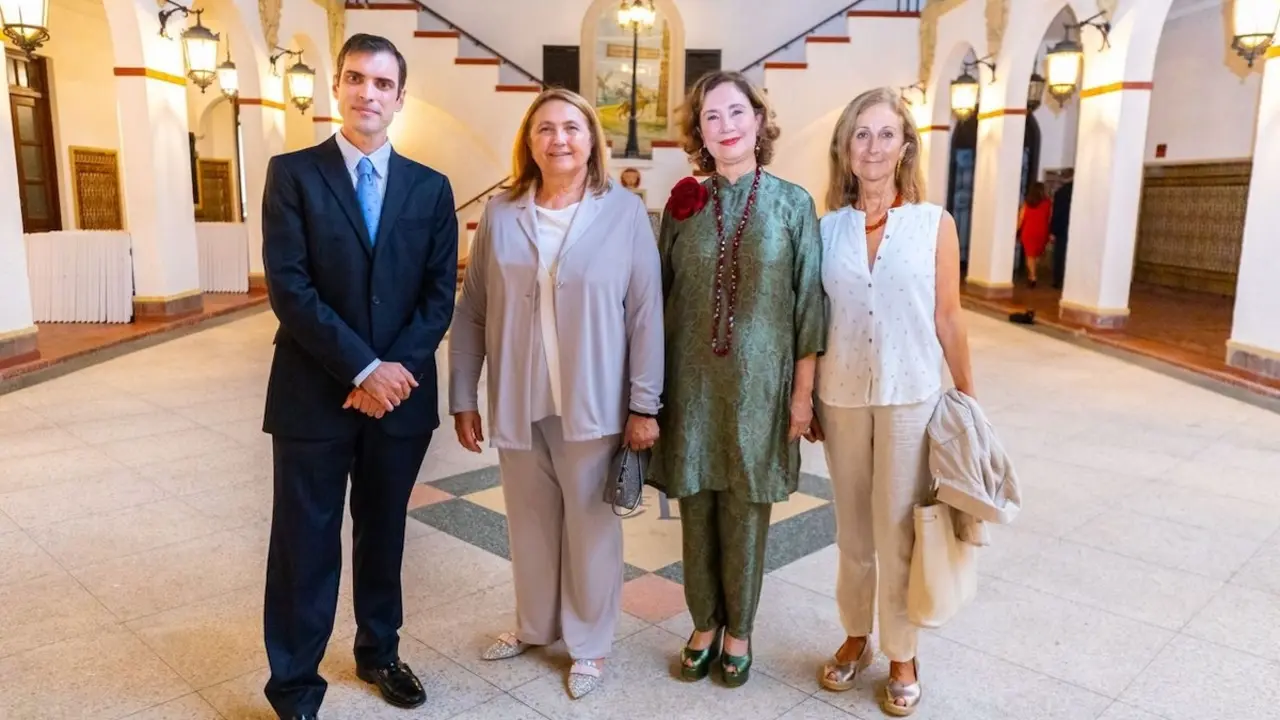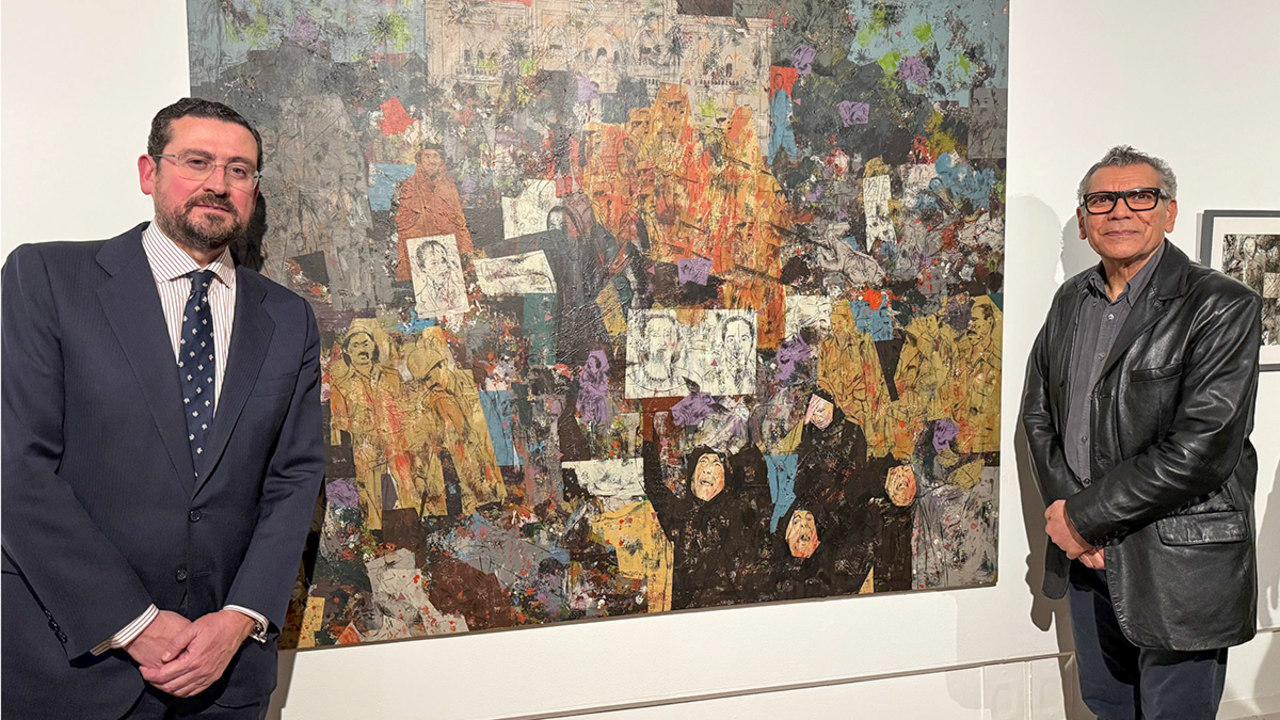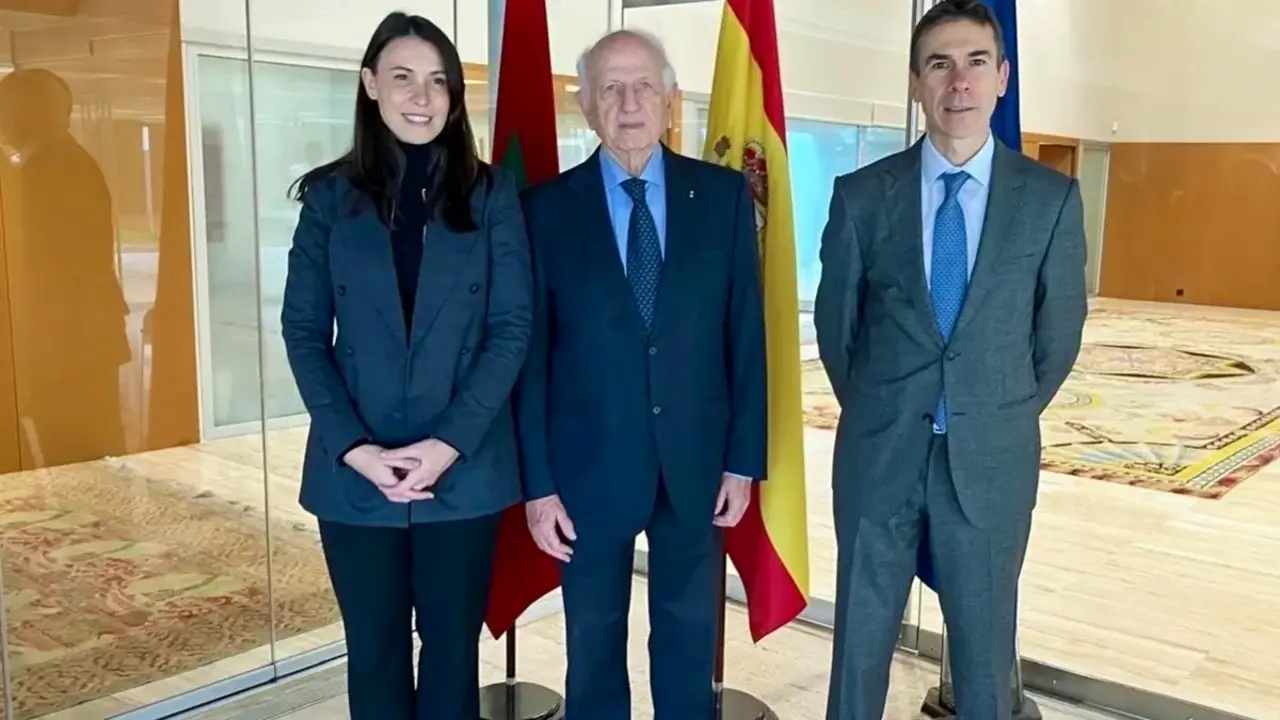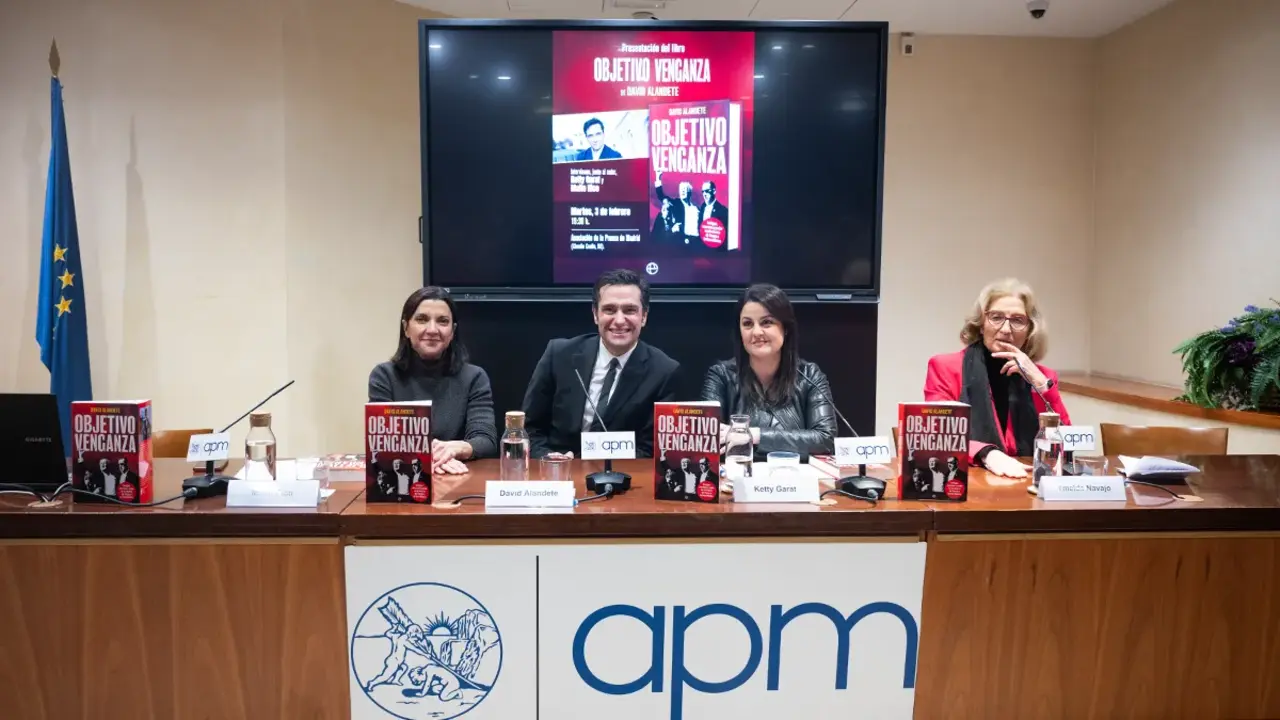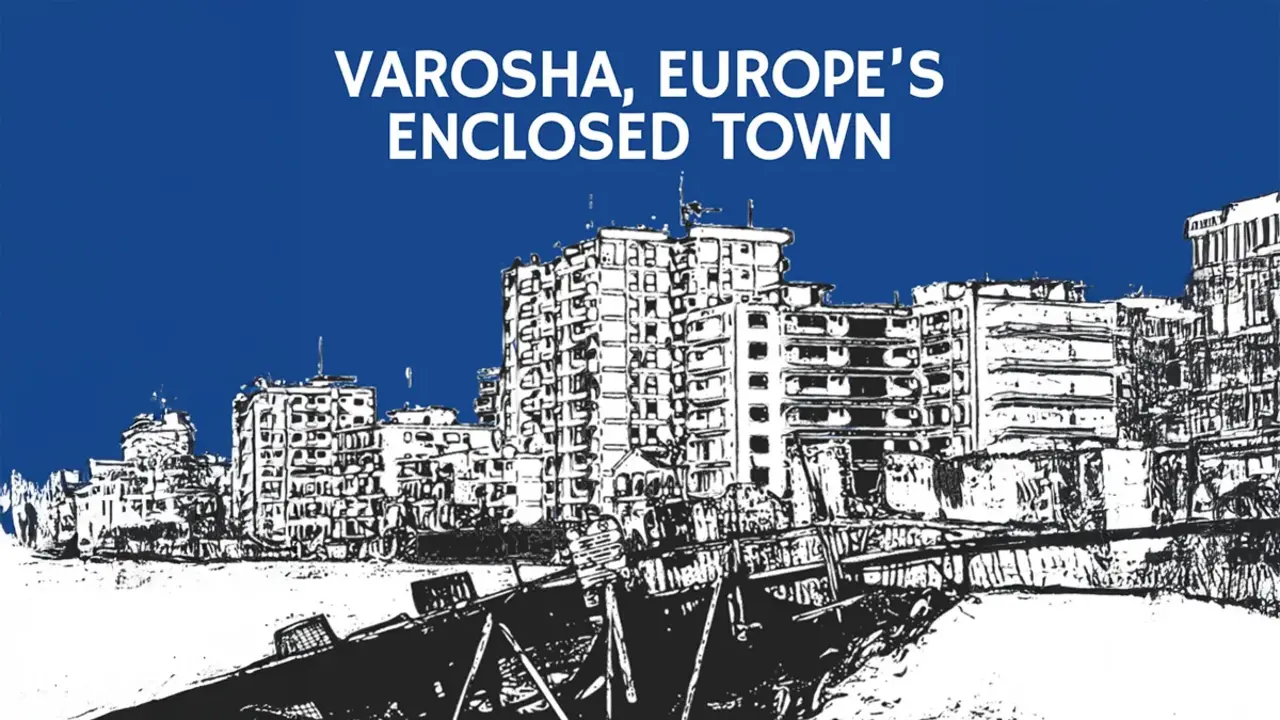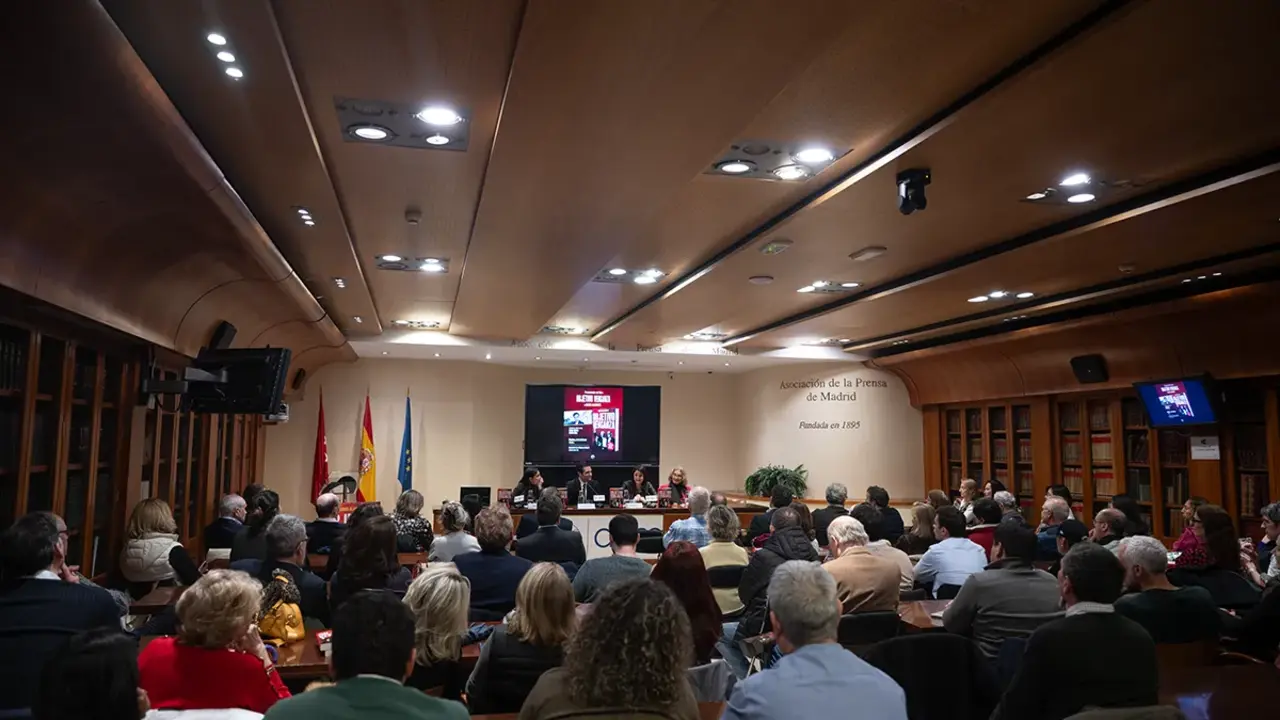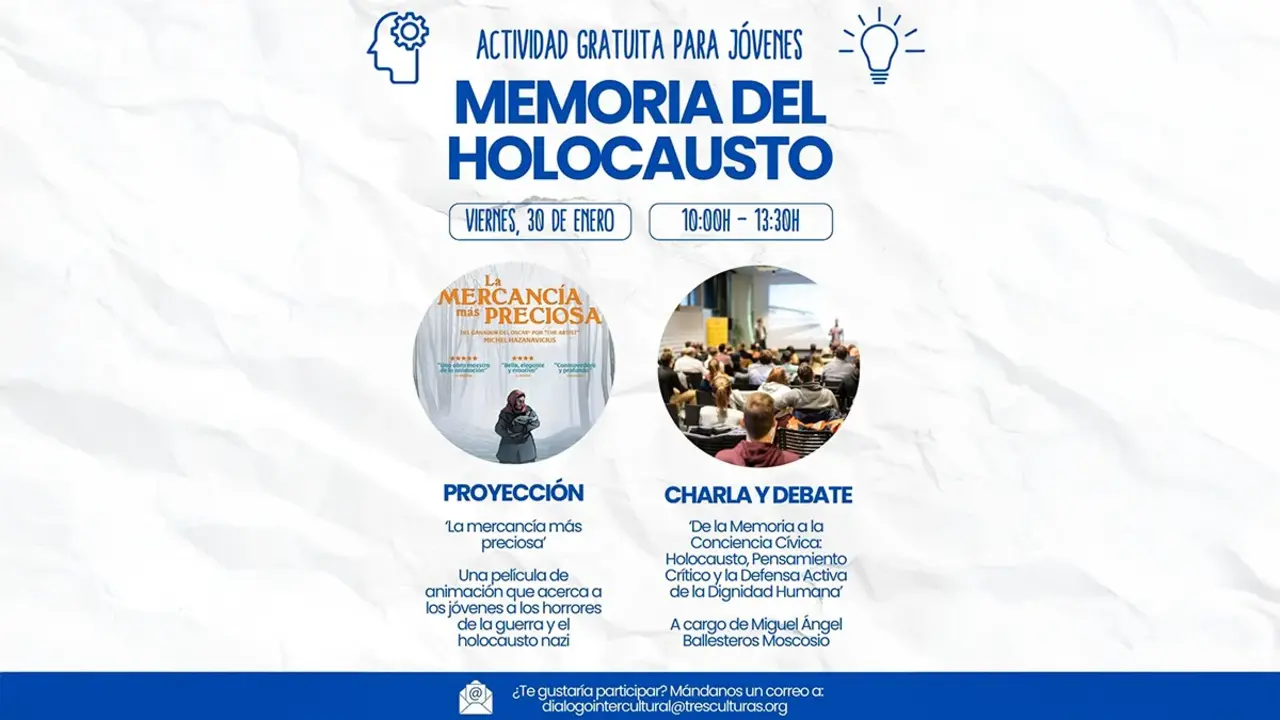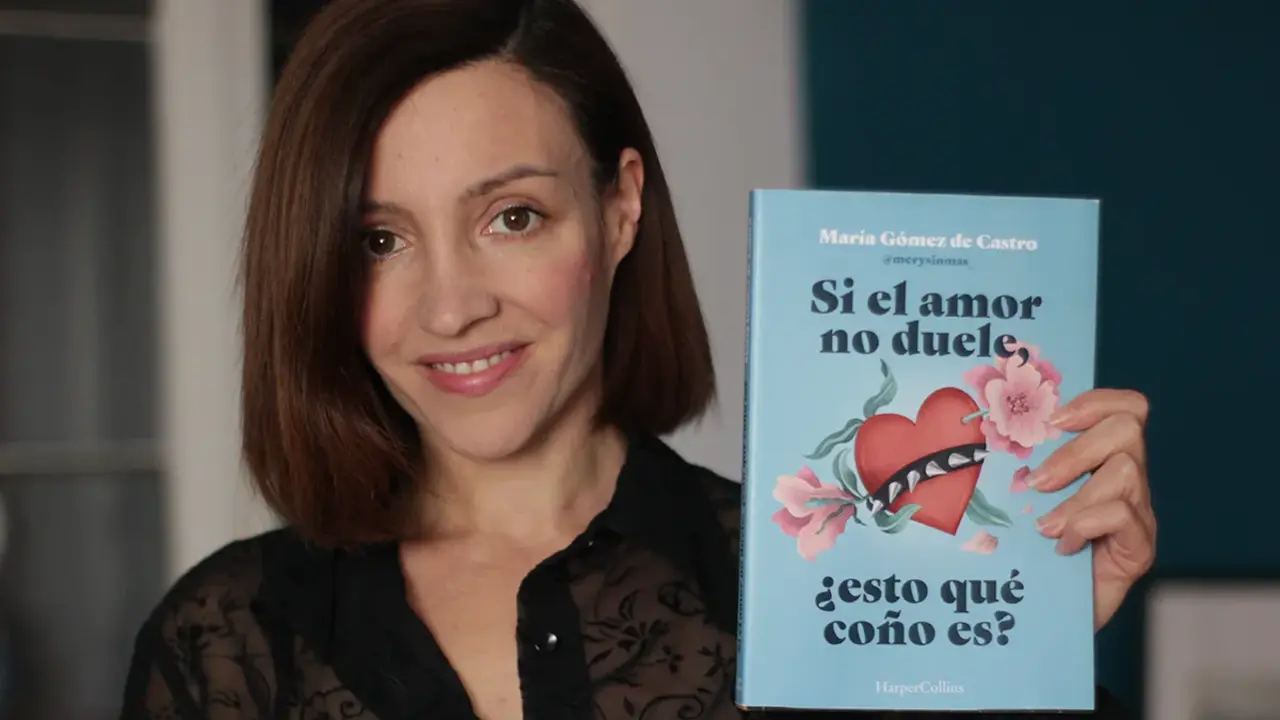‘Spanish words in the language of northern Morocco’
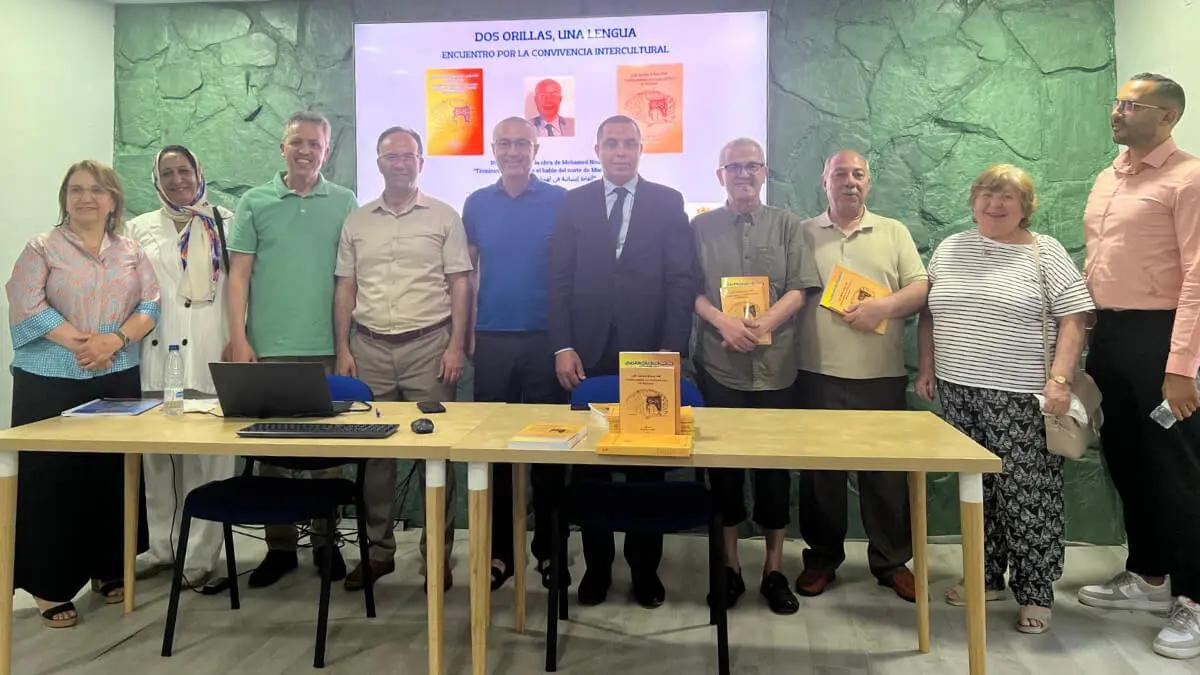
To celebrate the power of words, culture as a thousand-year-old link and an essential tool for building a fairer society, the Ibn Battuta Foundation, with the support of the Spanish Ministry of Inclusion, Social Security and Migration, and in collaboration with the Embassy of the Kingdom of Morocco and the Consulate General in Madrid, organised the ‘Two shores, one language’ fair.
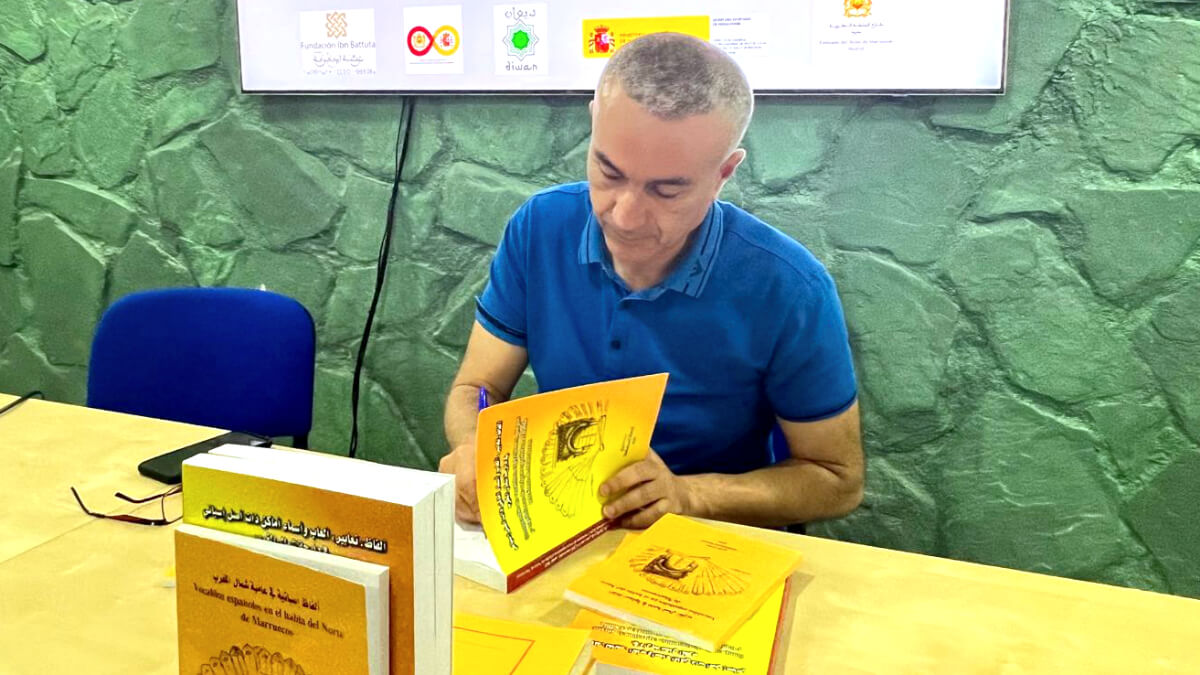
The event centred on the presentation of the book ‘Spanish words in the language of northern Morocco’ by Mohamed Nouri, a work that not only represents a valuable linguistic and cultural study, but also constitutes a living testimony to the historical, human and symbolic ties between Spain and Morocco. Its pages recount how, through language, the everyday stories of entire generations who have lived together and shared space, culture, effort and future on both sides of the Strait are intertwined.
Mohamed Nouri is not only a writer but also a doctor of nutrition, a researcher at the Institute for Peace and Conflict Studies at the University of Granada, president of the Association of Moroccan Graduates in Spain and a regular columnist in media outlets such as Atalayar and Hespress.
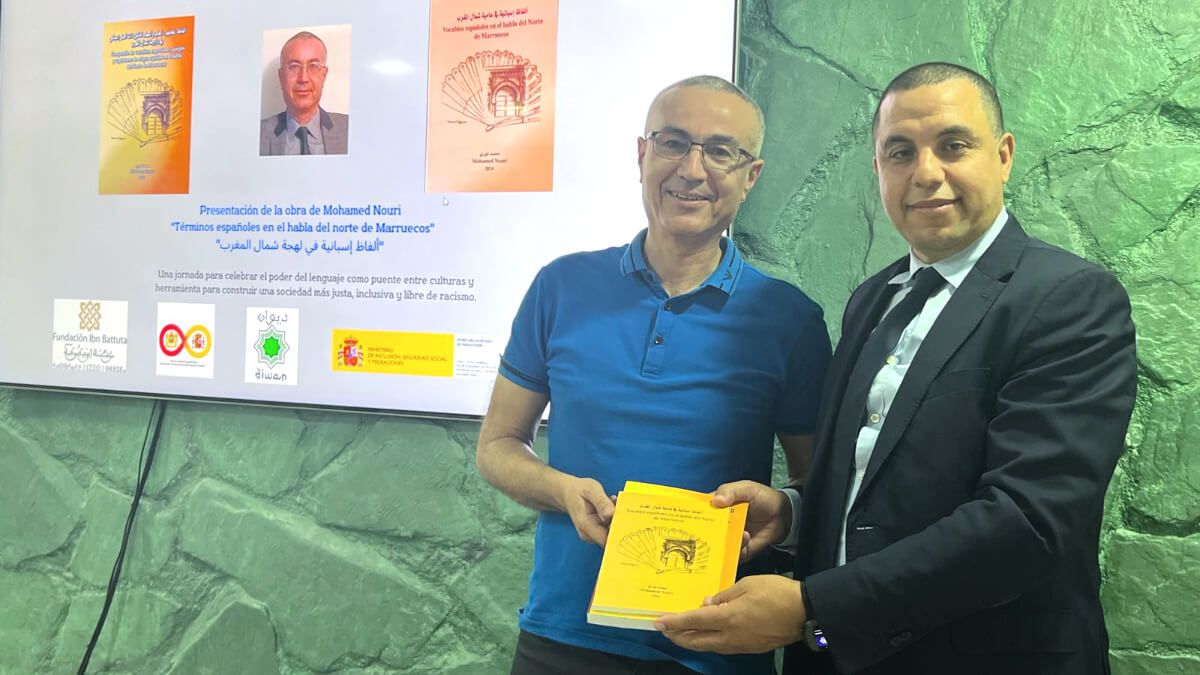
In the words of the director of the Ibn Battuta Foundation, Aziz Allaouzi, ‘to talk about shared words is to talk about borrowings, adaptations and encounters. It is to recognise that language, far from being a barrier, is a space for fusion and dialogue. This work allows us to reflect on how words are transferred, mutate and adapt to new realities, but also retain the mark of the human contact that made them possible.’
In the current social context, marked by polarisation, hate speech and the stigmatisation of others, encounters such as this remind us that there is a common legacy that deserves to be recovered and valued.
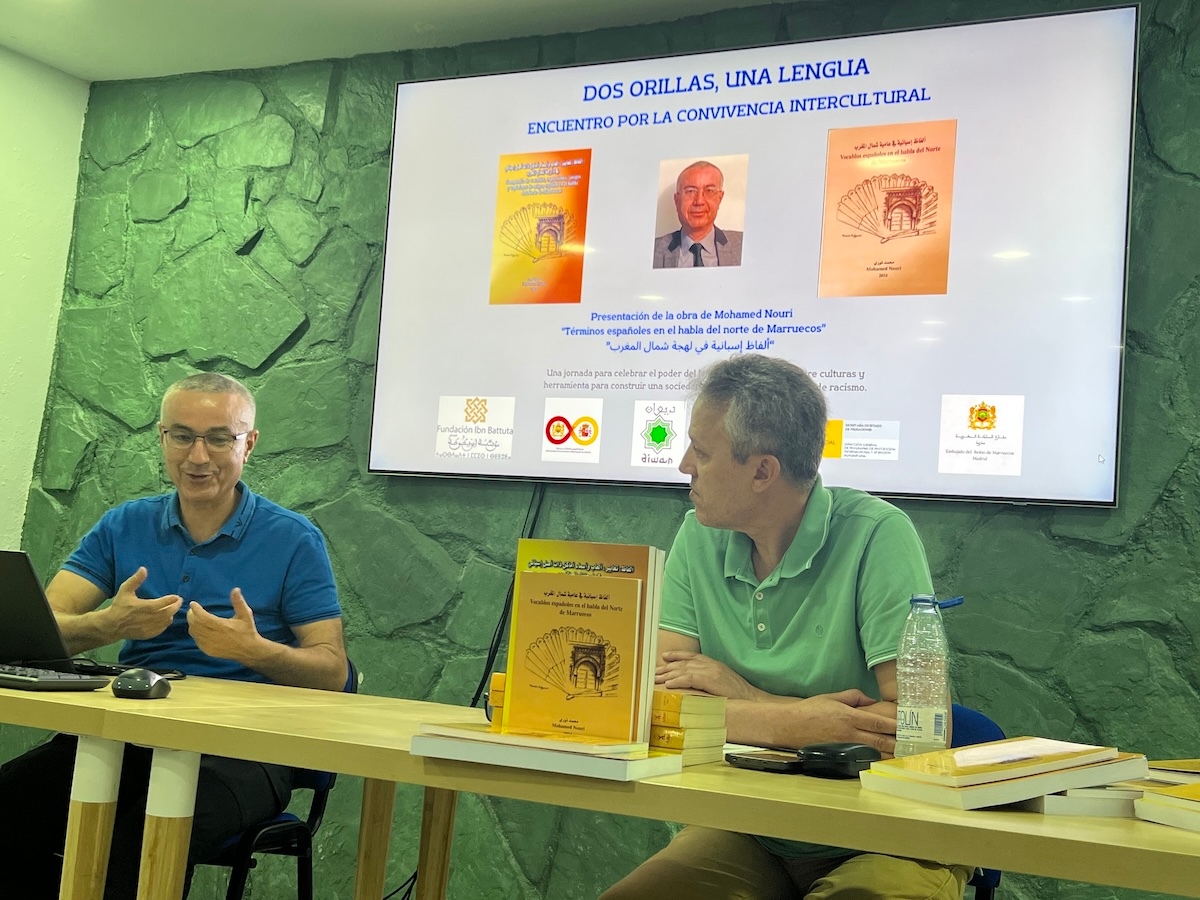
Language is a mirror that reflects shared histories, mutual affection and everyday coexistence that is often rendered invisible by narratives of division. This event aims to be a space for celebrating and affirming this intercultural coexistence, showing that ties between the two shores of the Mediterranean are not only possible, but necessary.
‘Two shores, one language’ was not just a literary presentation, but a collective affirmation that what unites us is stronger than what divides us. And that in every shared word there is an opportunity for encounter, mutual understanding and the construction of a plural, critical and supportive citizenship.
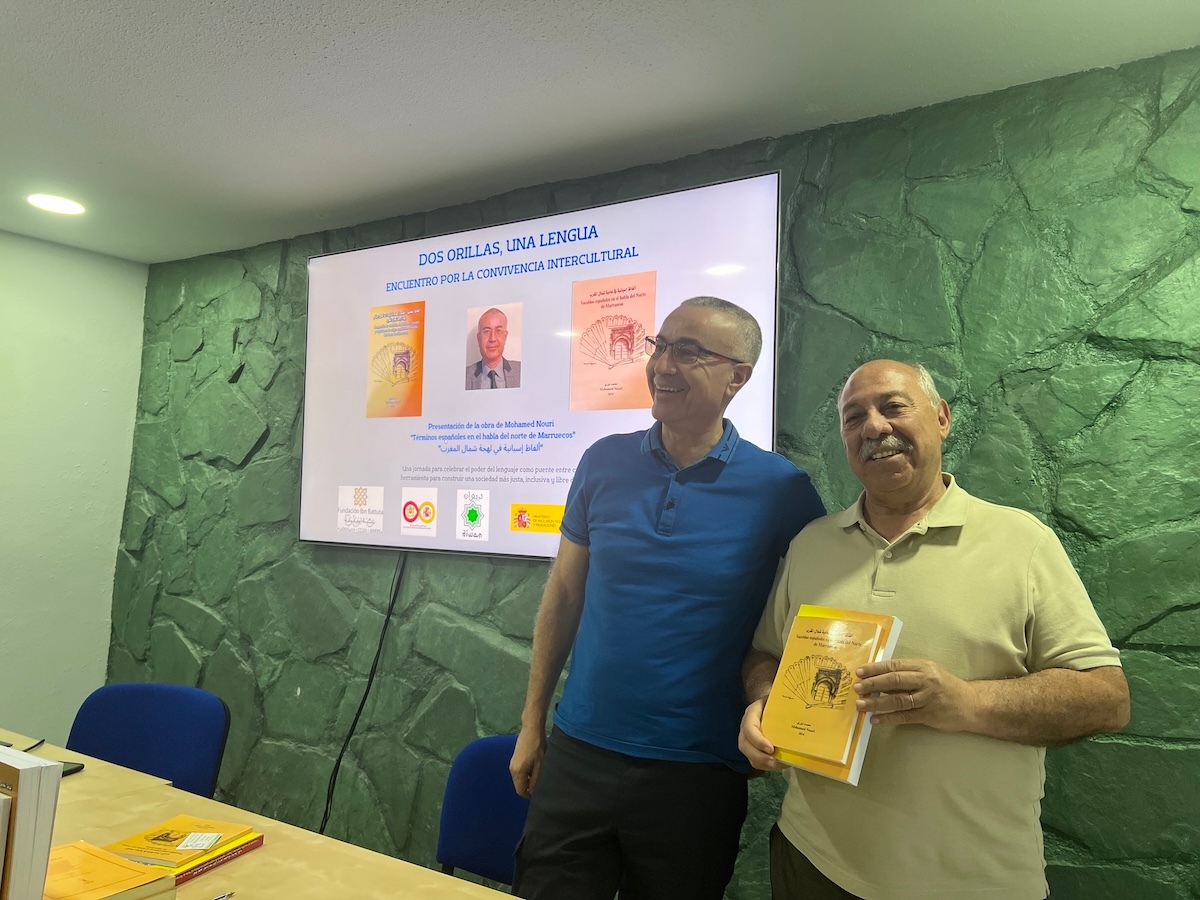
The presentation was attended by Kamal Arrifi, Consul General of the Kingdom of Morocco in Madrid, and the Minister Counsellor of the Moroccan Embassy in Spain. Finally, Atalayar was able to talk to the successful Moroccan writer, Mohamed Nouri.
Professor Nouri, what is the aim of this book and what does it consist of?
Professor Mohamed Nouri is president of the Association of Moroccan Graduates in Spain and author of this book, Spanish Words in the Speech of Northern Morocco.
It is actually two books. One collects words of Spanish origin that are used in dialogue in northern Morocco, and the other, larger book collects these words as well as many expressions, children's games and many hyponyms.
The aim is to demonstrate how similar Spaniards and Moroccans are. To celebrate this common linguistic heritage and also to try to spread this common memory, to teach it to today's generations and to tomorrow's generations in order to emphasise this asset, this fantastic resource that we are fortunate to have, Spaniards and Moroccans alike, and to build on this magnificent heritage to create a much more prosperous, welcoming, peaceful and, above all, empathetic future.
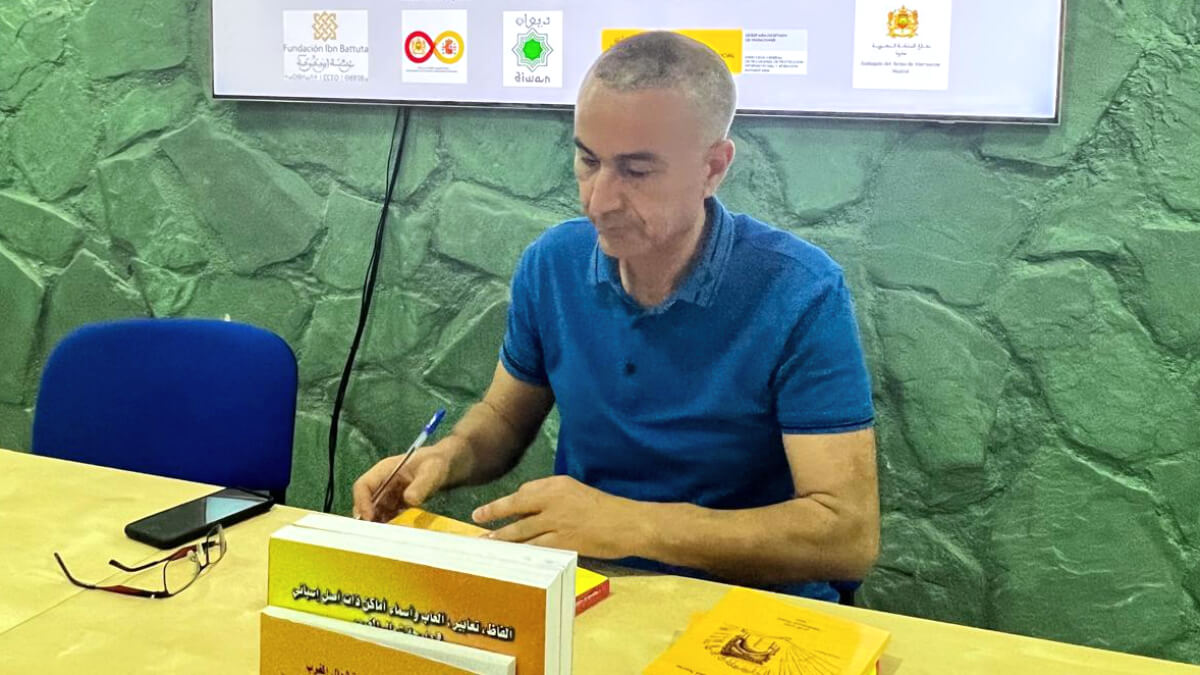
Dr Nouri, with regard to socio-cultural ties, you said that these are even stronger than economic, commercial and political ties.
Yes, yes, if not stronger, then at least as important as the two dimensions you mentioned, namely geopolitics and geoeconomics. I believe it is the outline of a shared memory, and memory, as John Richter said, is the only paradise from which we cannot be expelled. So it is a legacy that we carry with us, that we have been building for several millennia, and hopefully it will be the foundation, the cornerstone, of the future we all long for.
How many words have you collected? Because during the presentation you gave a whole series of examples, both in Spanish vocabulary and in Moroccan vocabulary. It's a two-way highway in both directions.
In the presentation, I tried to start by highlighting the influence of Arabic on Spanish, of Arabic and Moroccan Berber on Spanish. And then, in the second part, I tried to magnify the influence of Spanish on the dialect, on the speech of Morocco in general and of northern Morocco in particular. The idea is very simple, but at the same time very profound.
In other words, we are talking about two sides of the same coin. We are talking about mutual influence, a back-and-forth, a two-way process that has brought about this magnificent linguistic and cultural legacy that we have and that we must protect, promote and disseminate on as large a scale as possible. In this case, in terms of the number of words, we are talking about 1,600 words in the small book; 2,800 words or 2,750 in the second; and there is a third volume coming out soon. In total, we are talking about more than 6,000 words.
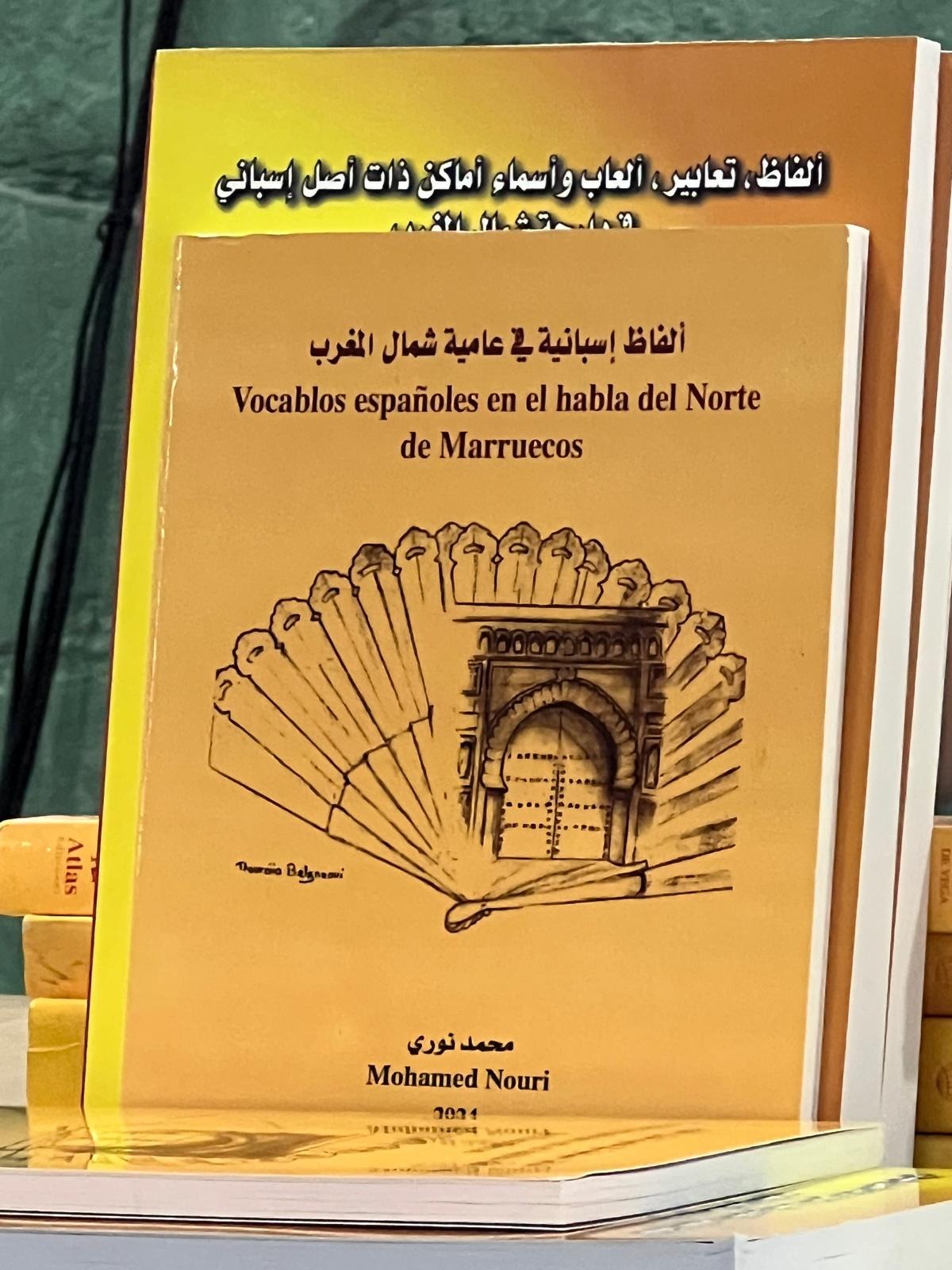
Mohamed Nouri, writer of the book "Vocablos españoles en la lengua del norte de Marruecos", during the presentation of the book at the headquarters of the Ibn Battuta Foundation - PHOTO/ATALAYAR
In this case, Dr Nuri, information and getting to know each other better is what will allow us to improve our coexistence and our relations, and culture is essential, as you demonstrate.
I totally agree. Culture is built in the long term, the economy is built in the short and medium term, at most. But culture is created in the past to be projected into the future, and we must all work together to protect and persevere in this sense.
All Moroccans and Spaniards who are aware that our two countries are destined to understand each other, destined to collaborate, destined to create this cultural, sociological and economic interdependence and interdependence in research. We have a common destiny, and that interdependence is what will allow us to move from the cultural sphere to much more sustainable relations on earth.

